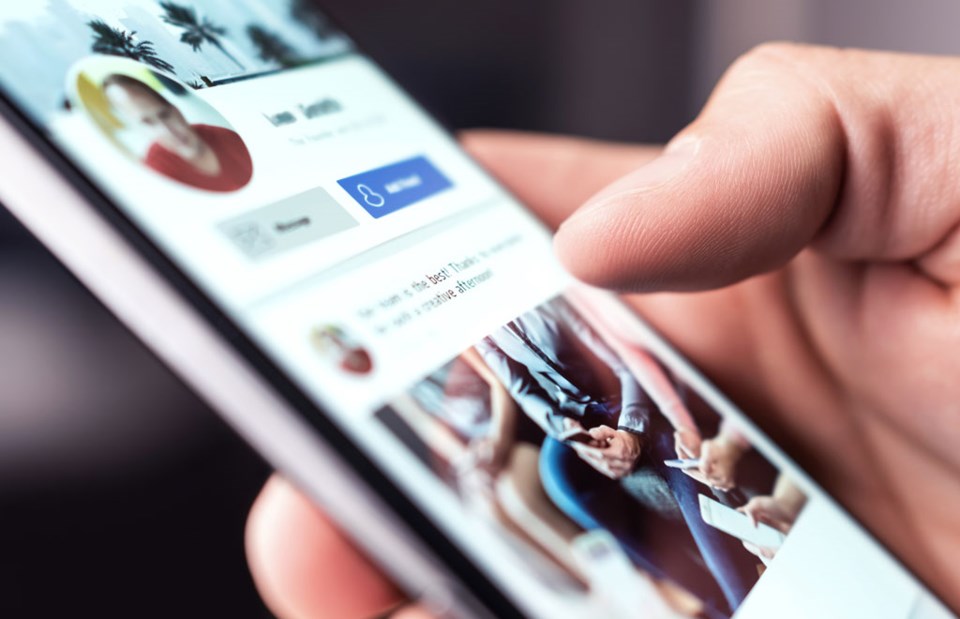UNITY — If you are on any social media sites, then I am sure you have all seen the posts warning us “I’ve been hacked! Don’t accept any friend requests.”
Those who have fallen victim to such acts then have the daunting task of changing passwords on all devices connected. However, not everyone gets hit it seems, just certain people.
The most common scam is a duplicate profile, where scammers copy our profiles, creating new profiles that feature our names and faces. The culprits then start going through our friend list, adding them one by one. Our unsuspecting friends get the new request, unknowingly hitting accept, thinking somehow they were accidentally un-friended.
Now, I am not sure what happens after that. I have always double-checked my friend requests, especially if it is an individual I am already friends with. I do suspect the double profile would likely reach out in a private message to the new victim, asking for financial assistance.
A similar scam would be the romance scam. A friend request from a tall, dark and handsome man would grab almost any woman’s attention. However, when you look at the profile before adding them, things don’t always add up. Often, these ‘men’ are ex-military and usually widowed. They will have a couple of photos to look at, one of which is always a bit more elusive than the other, giving the intended target the illusion that the man is the same person in both photos.
Again, chances are these scammers are reaching out, looking to create that romantic connection at first, then asking for help with finances. These scams tend to take more time, as the scammers must gain trust first, engaging in conversation for weeks or months before asking for money.
So, the question is, how do you stop these scammers from targeting you? There are a few suggestions. Although they do not stop the scammers completely, they will help your profile and true friends stay a little safer.
First, do not accept friend requests from people you do not know. If you happen to get a friend request from someone you may know, check out the profile before accepting the request. You can also check your friends list to make sure the new request is not a cloned account.
Secondly, ensure your friends list is not visible to everyone. Even if you don’t accept those phoney friend requests, a list of your friends can still be visible to the public, including the scammers. A simple switch in your social media settings can fix that.
Another way to ensure you keep your profile more secure is to refrain from liking, sharing or commenting on posts that read “Like and share for good luck” or “Type amen to send prayers.” By doing that, it is almost like you are inviting the scammers to your profile.
Other scams that have arisen over the past few years have been online postings that will pull at the heartstrings. It is becoming increasingly common to see posts on the community or buy-and-sell pages claiming a dog was badly injured or an elderly person who may suffer from memory loss has gone missing. The poster usually asks for those who would like to help with raising money to cover costs. These posts never allow comments, leading those who want to help no other choice than to private message the original poster.
Unfortunately, there will always be individuals who think they can make a buck off us, weaselling our hard-earned income from us while playing with our emotions. If something does not look or feel right, trust your gut instincts. If you do find yourself in a predicament, change your privacy settings and report the profile to the social media security teams. By protecting yourself from being a target, you are also helping your friends from becoming a target too.




